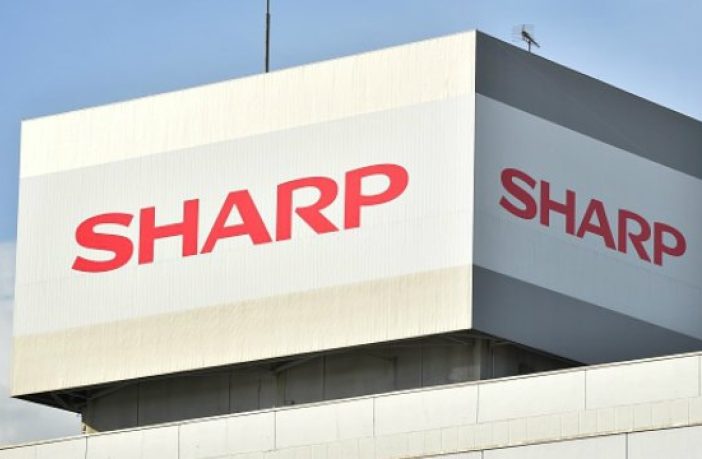- Japanese electronics manufacturer Sharp said this week it has started developing zinc-air flow battery (ZAFB) for the storage of large-scale renewable energy projects.
“Based on the zinc-air secondary battery technology that we have developed over many years, we aim to establish a low-cost, high-capacity energy storage technology with a new ‘flow’ design,” the company said in a statement.
Sharp said the new devices will be safer than lithium-ion batteries, as the electrolyte in which the zinc is soaked is a water-based liquid, and the possibility of ignition is extremely low.
A ZAFB consists of two electrodes – a Zn anode and an air cathode. The anode and cathode are separated by a separator allowing ions to transfer across the cell. Potassium hydroxide (KOH) aqueous solution is commonly used as an electrolyte.
“In batteries with a ‘flow’ design, the cell and the tank are independent of each other, so it is possible to easily increase the capacity by increasing the size of the tank,” Sharp said. “During charging, zinc oxide (ZnO) chemically changes to zinc to store electricity and, in the discharging phase, when zinc returns to zinc oxide by the action of oxygen contained in the air, the stored electrons are released, so electricity can be extracted.”
The company said the research project has the support of Japan’s Ministry of Environment. It did not provide any additional technical details.
Author: Emiliano Bellini
This article was originally published in pv magazine and is republished with permission.
















